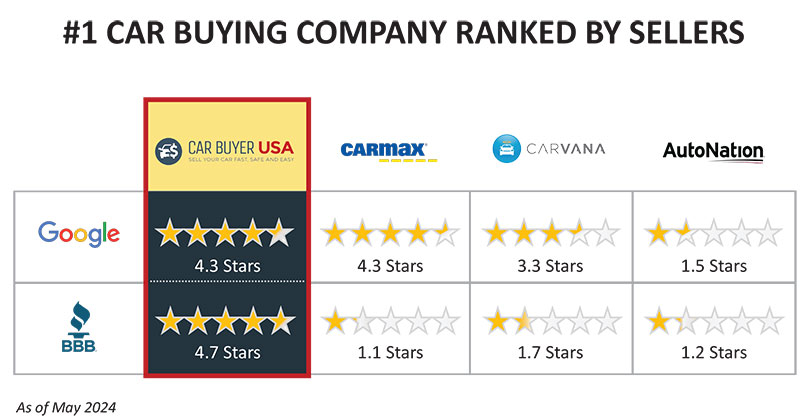
Electric vehicles (EVs) have been at the forefront of the automotive industry’s transformation in recent years. With rising environmental concerns, advances in battery technology, and government incentives, EVs are no longer just futuristic ideas but increasingly a possible option for many drivers. However, the question remains: are they worth the investment?
One of the biggest advantages of electric vehicles is their lower operational costs. Traditional internal combustion engine (ICE) vehicles rely on gasoline or diesel, both of which are subject to price fluctuations and increasing environmental regulations. EVs, on the other hand, run on electricity, which is generally cheaper per mile. Additionally, charging at home, especially during off-peak hours, can further reduce costs. Maintenance is another area where these vehicles shine. Since they have fewer moving parts, such as no transmission or exhaust system, and don’t require oil changes, their upkeep tends to be simpler and more affordable over time.
Environmental benefits are also a key selling point! Unlike their gasoline-powered counterparts, EVs produce zero tailpipe emissions, significantly reducing greenhouse gas output. When charged using renewable energy sources like solar or wind, their carbon footprint becomes even smaller. This makes a compelling choice for eco-conscious consumers who want to minimize their impact on the planet. Despite these advantages, the upfront cost remains a concern for many potential buyers. While prices have come down significantly in the last decade, they can still be more expensive than comparable vehicles. However, government incentives, tax credits, and subsidies in many regions help offset this initial investment. Additionally, the total cost of ownership over the vehicle’s lifetime often favors EVs due to their lower running and maintenance costs.
Another factor influencing the value is battery technology. Their modern batteries are designed to last for hundreds of thousands of miles, but concerns about battery degradation persist. The good news is that advancements in battery chemistry and manufacturing have significantly improved longevity and performance. Furthermore, many manufacturers offer warranties on their batteries, providing peace of mind to buyers. Battery recycling and second-life applications are also gaining traction, addressing sustainability concerns.
Range anxiety—the fear of running out of charge before reaching a destination—is another hurdle for EV adoption. However, this issue is steadily diminishing.Many manufacturers boast the charges today range over 300 miles on a single charge, and the charging groundwork continues to expand. Fast chargers, which can replenish a battery to 80% in as little as 30 minutes, are becoming more common along highways and in urban areas.
Resale value is an important consideration for any vehicle purchase, and EVs are no exception. Historically, EVs depreciated faster than ICE vehicles, partly due to concerns about battery life and evolving technology. However, as EVs become mainstream and demand grows, their resale values are stabilizing. Models from brands like Tesla, which consistently lead in innovation, tend to retain their value better than others.
So, are electric vehicles worth the investment? The answer depends on individual circumstances. For those who prioritize sustainability, lower operational costs, and a smooth driving experience, these vehicles do offer compelling benefits. With the market rapidly evolving, government support, and improving technology, the case for EVs is stronger than ever. However, careful consideration of factors like upfront cost, charging availability, and driving habits is essential to making the right choice. As the world shifts toward a greener future, EVs represent not just a transportation option but a step toward more sustainable living.
A huge factor for every would-be EV owner is vehicle cost. A new EV averaged $55,544 which makes ownership very difficult for most American households. Owning an EV also requires 220 Amp Service in your garage or access to a charging station if you don't own a home - both cost money. On average, the electric bill of a single EV Household is $200 higher if the vehicle is driven 1,200 per month or less. The cost of manufacturing one could argue for or against, but there is no question that the cost of ownership will be impacted significantly if government subsidies for purchase are discontinued.


